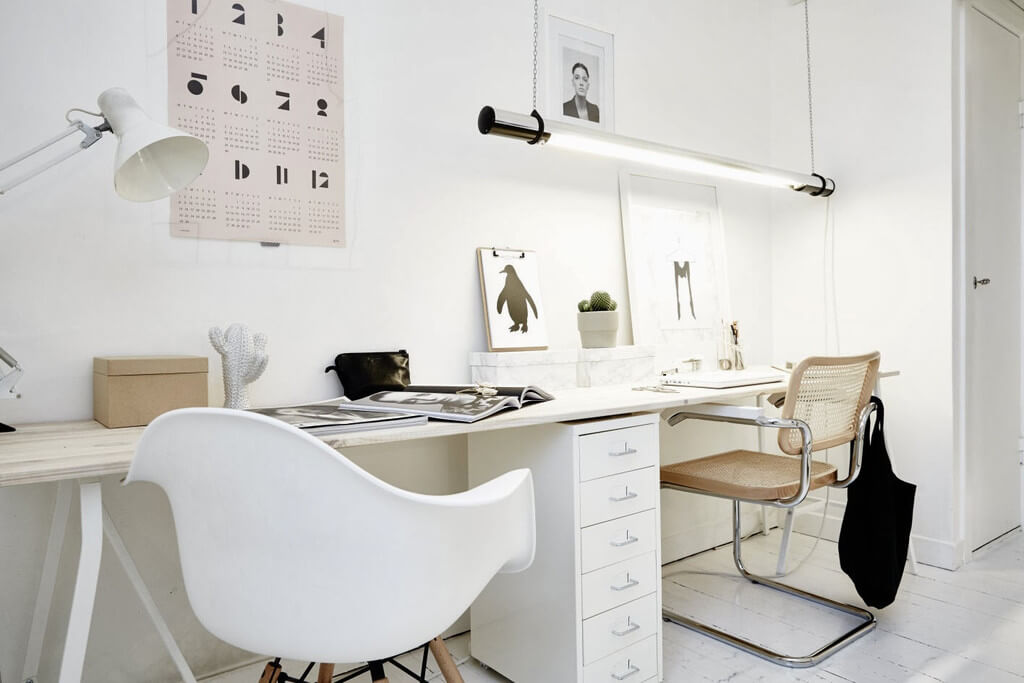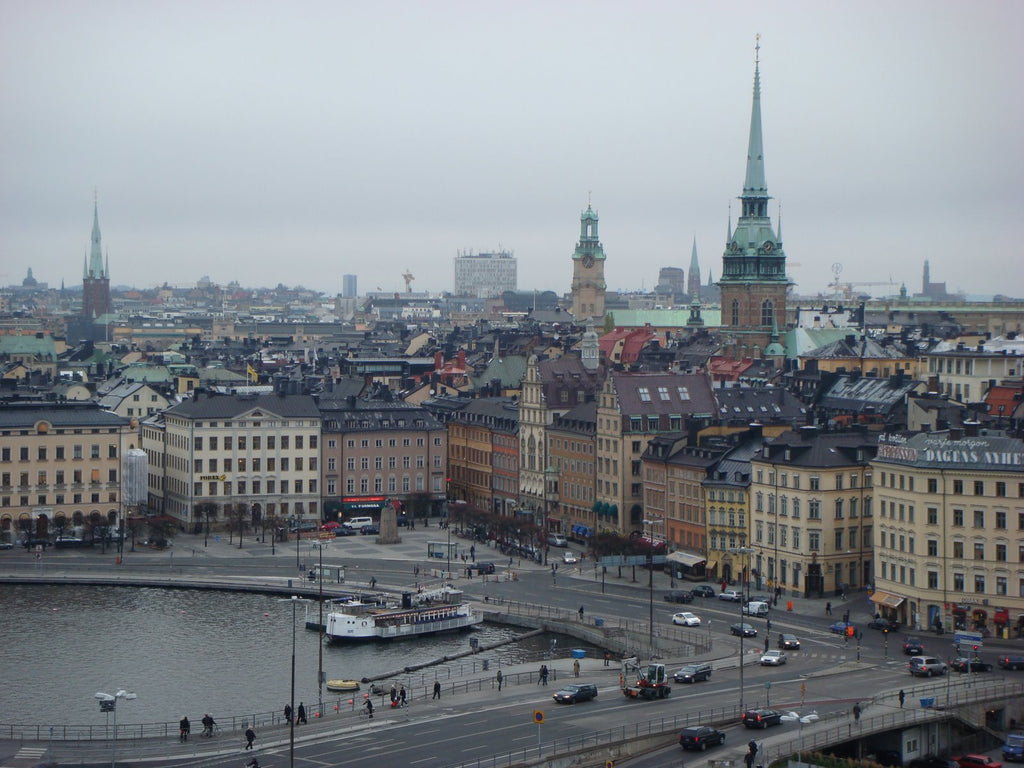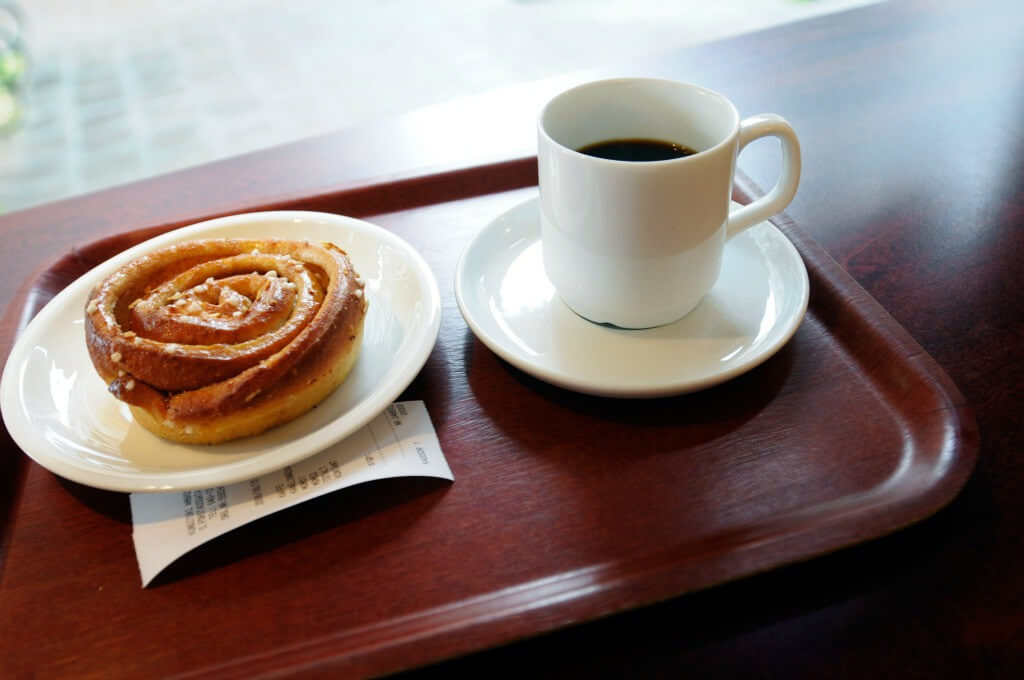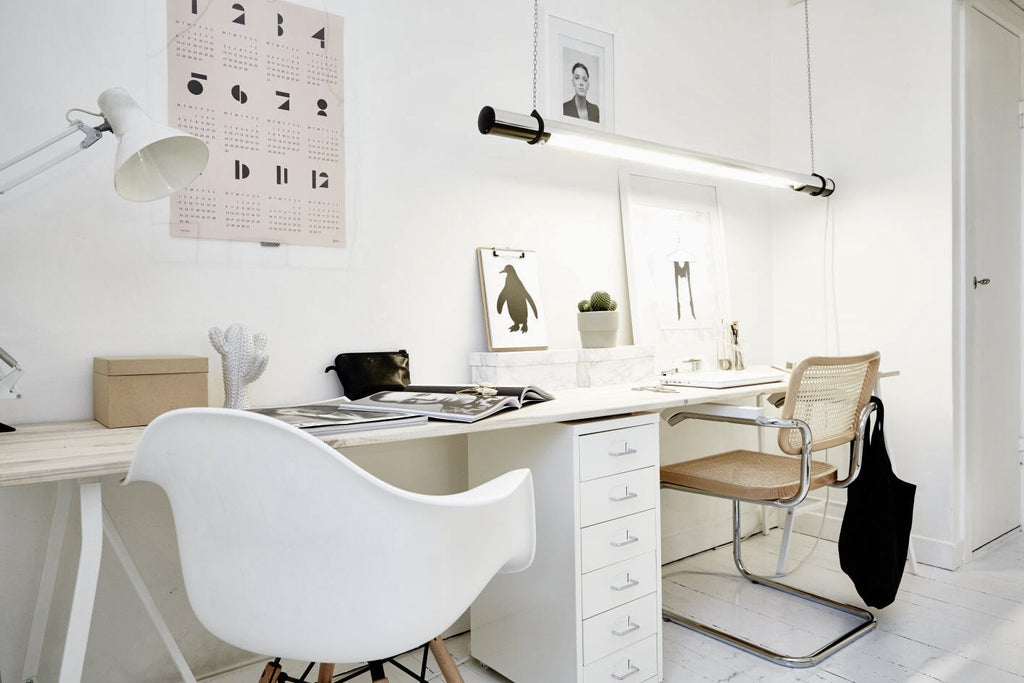work-life balance in // sweden
 photo: an urban village
photo: an urban village
Working nine-to-five might be the norm in the UK, but how do other countries balance their time between the office and their own lives? Throughout this new series of posts, we will be delving into cultures around the world to discover the differences in work-life balance, demonstrating that a Monday to Friday working week isn’t necessarily the only solution.
Sweden
The Swedes have a philosophy that happy, healthy and stress-free staff are likely to be more productive in the workplace. Thus, a vast amount of employers’ offer their staff relaxed working contracts, with flexible hours, extended coffee breaks, large amounts of holiday allowance, and the option to occasionally work from home.
These relaxed working hours, combined with excellent benefits systems (especially for maternity and paternity leave), a high focus on the environment, and an exceedingly keen interest in spending time outdoors often ensures that Sweden is ranked highly on lists of the best places in the world to live.
 photo: coolworks
photo: coolworks
The Six Hour Working Day
Several Swedish companies, especially in the Gothenburg area, have begun trialling six hour working days for their employees. The reasoning behind this is that employees become tired after six hours of work, and that the last two hours of a standard eight hour working day are the least productive. This scheme also has the potential to create more jobs, reduces stress amongst employees, and allows people to make the most out of the scarce sunlight during the winter months.
This isn’t the norm in Sweden, and is currently only being trialled by a select few businesses, but primary promising reports suggest that a six hour working week is likely to continue and gain popularity.

photo: pawel kadysz
Flexibility
Even if you do work nine-to-five, the majority of workplaces in Sweden aren’t particularly rigid with these hours. If you need to leave early to collect your children from school, simply start your day earlier, or work a couple of longer days in the week to make up your hours. Heading off for an outdoor adventure at the weekend? Clock in extra hours at the beginning of the week, and skulk out of the office half way through the day on a Friday.
Many companies offer the option for their employees to work from home a couple of days a week, working on an assumption of trust that they will get the work done. Productivity is generally high, with working from home allowing staff the chance to start work earlier or finish later than they might have done in the office, without the need for a commute.
Average 5-7 Weeks Annual Leave
A generous five-to-seven weeks of annual leave is the average for Swedish employees, with the majority of people (especially in the creative sectors) opting to take the majority of this over the summer months. With minimal daylight during winter, Swedes take full advantage of their allocation of sunshine, spending much of the summer outdoors, wild swimming, walking in the countryside, and relaxing on the archipelagos where many have holiday homes.
When on holiday, or even on the weekends and during the evenings, it's common to switch off work phones and neglect checking work emails, completely segregating their working and personal lives. Workplace woes and worries are kept within the office, and time at home is reserved for friends, family and themselves.
 photo: debug girl
photo: debug girl
Whilst many start-ups and small businesses are adapting to the 6-hour trend, others are wary of the benefits. In an interview with the BBC, career coach Mrs Webb said:
"They have the summer house, they have the boat, so in theory they've got all this stuff to help them relax but it just makes more work for them. It's a very Swedish problem… In theory we have this work-life balance but, actually, we're not very good at sitting around and doing nothing."
Fika
But there's one tradition the Swedes are undoubtedly good at: fika. Loosely translated as enjoying a cup of coffee socially, the Swedish tradition of fika is one that all Swedes carry close to their hearts. Every day, time must be made for relaxing and socialising whilst sipping a cup of coffee and sampling sweet treats, such as the delectable cinnamon buns.
Even during the working day, fika is honoured. A dedicated fika break will usually occur twice within a day at the office, with all staff, even managers, stepping away from their desks to come together socially. Work issues are cast to one side, and colleagues discuss their personal lives over a cup of coffee.

photo: unsplash
Click on this ready-to-go tweet to share this post.


